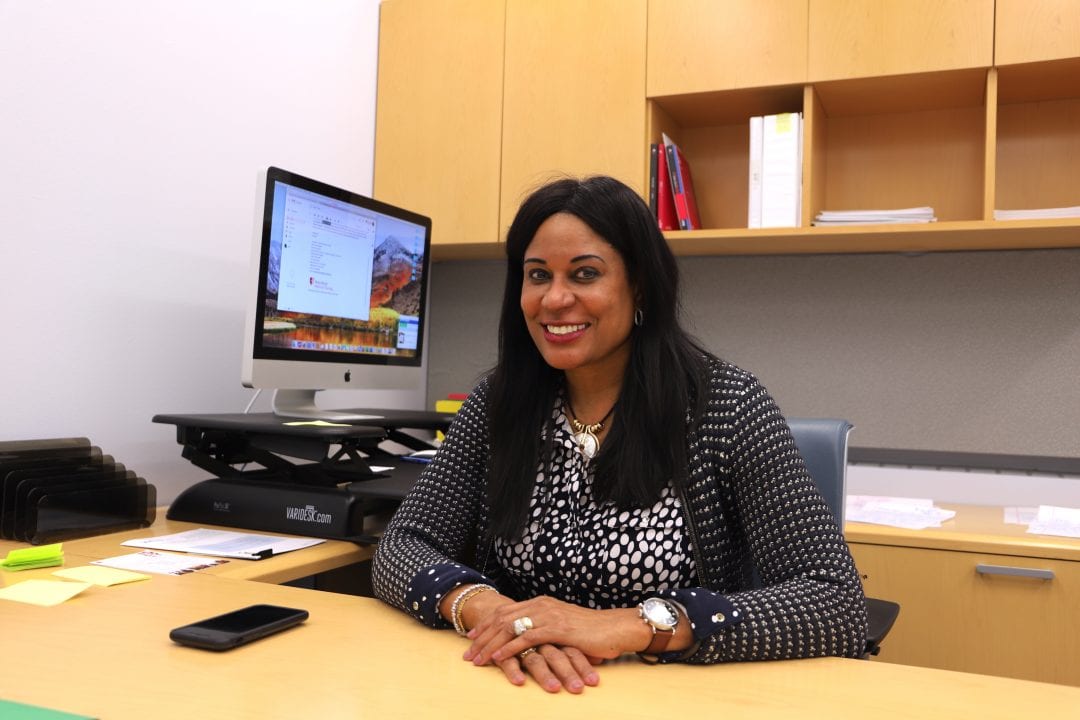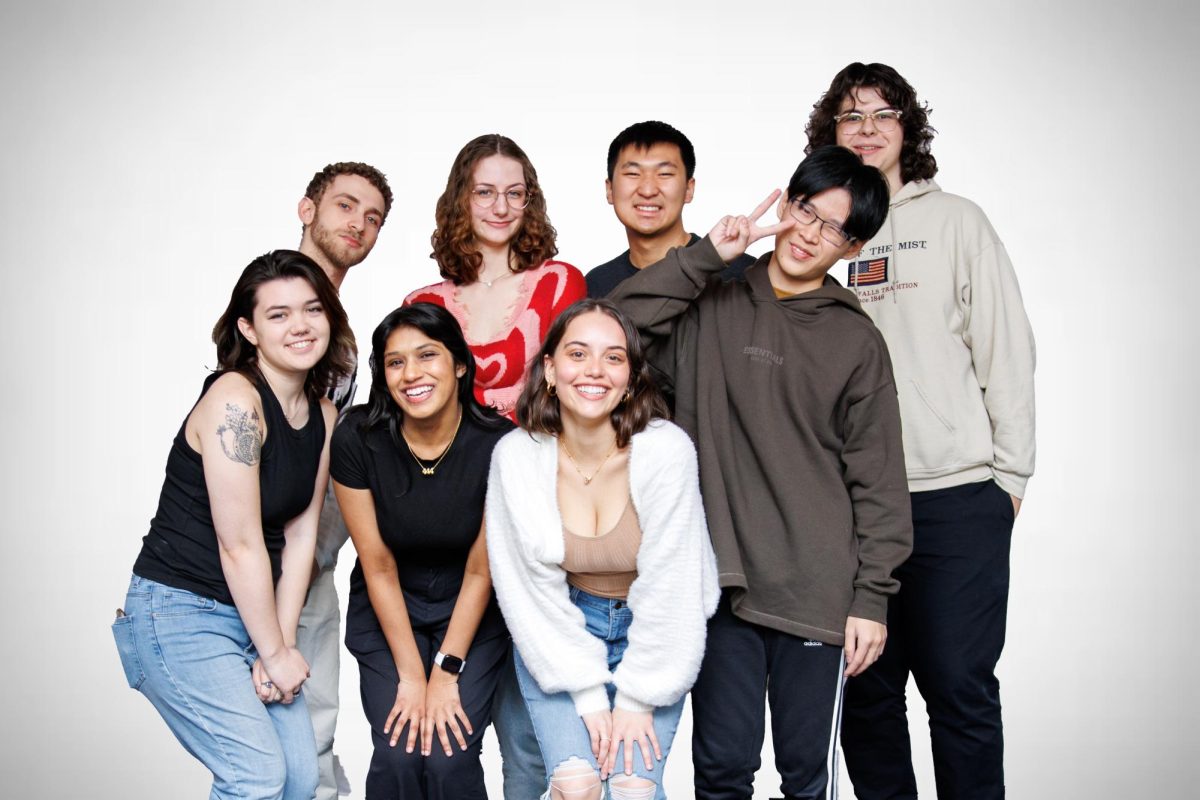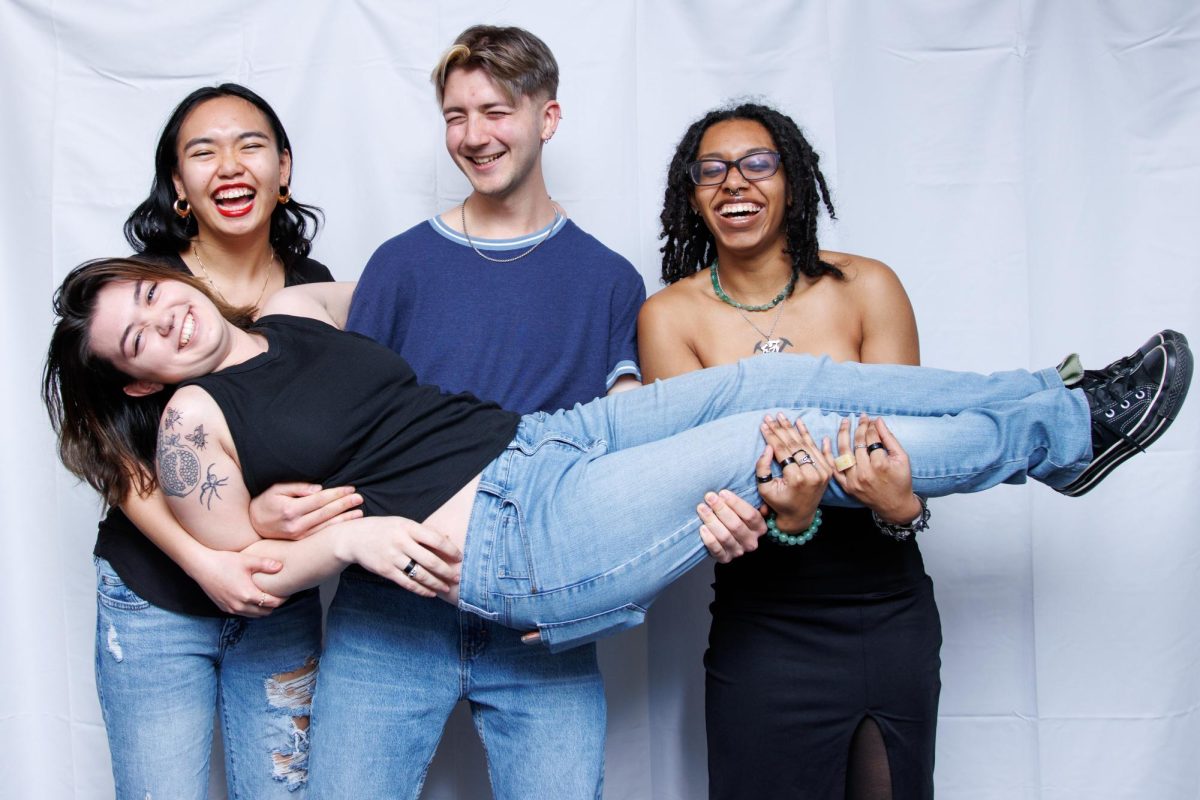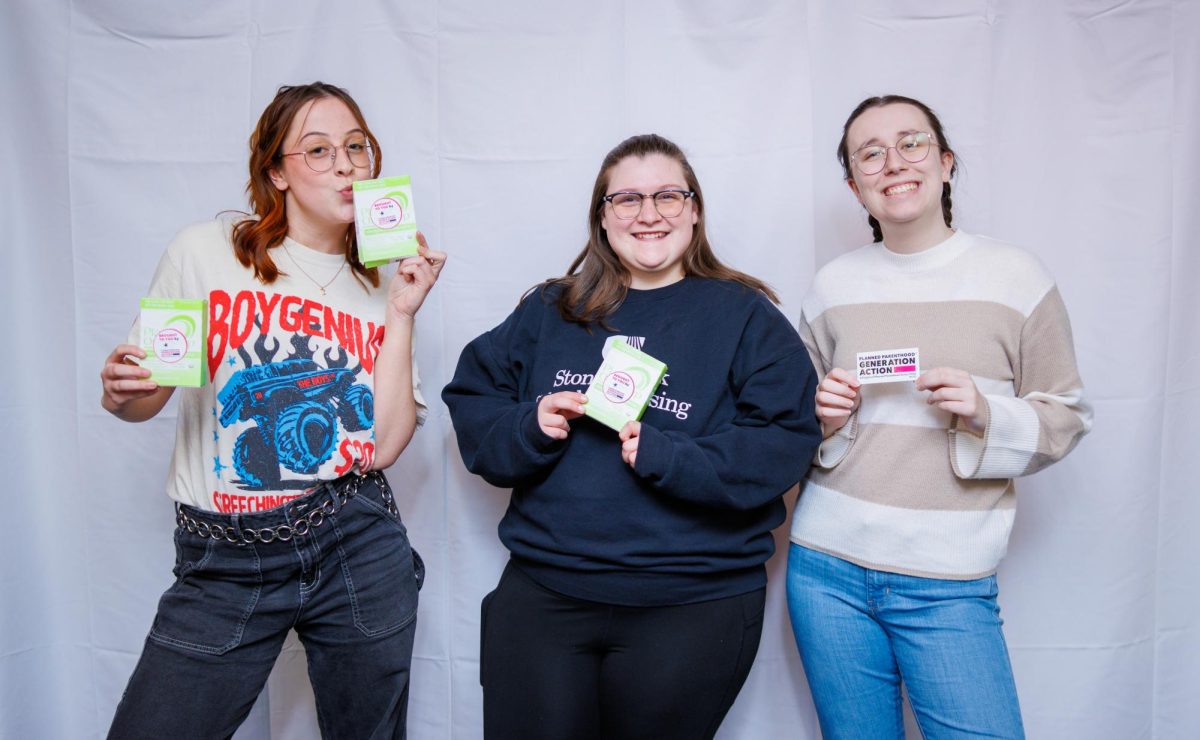
Carine Green grew up looking at the struggles that come with his different identities — black and queer — separately.
When he walked into a House of SHADE meeting, “an organization that aims to provide educational outreach and information to the black and queer community” according to SB Engaged, everything changed.
The House of SHADE gave the sophomore political science and women’s, gender and sexuality studies double major a supportive place to combine his identities and discuss the struggle of his intersectionality — when different identities combine and overlap to create a unique disadvantage.
“I realized I never really thought of myself as a black and queer person, and I never really had a space that recognized me and my struggles as a black, queer person — instead of my struggles as a queer person and my struggles as a black person,” he said. According to Green, the organization recognized his intersectionality. Once combined, he realized his identities cause more stress, grief and oppression.
Green eventually became the treasurer of the club and moved his way up to president last semester, giving credit to his “loud mouth” and hard work.
“I try not to put myself in situations where I know that my voice is going to be ignored or my voice isn’t going to be heard,” Green said. “And if it is, you hear me at full volume, because I think that everyone who has an opinion about something deserves to be heard.”
Gabriella Santana, sophomore journalism major and secretary for House of SHADE, has known Green since her freshman year and said that his confidence is the most admirable thing about him.
“From his walk to the way he speaks, I know this is a person that is secure in themselves and their role in the world around them,” she said.
House of SHADE isn’t the only place where Green feels his voice is heard. He is also the culture editor for The Stony Brook Press, the campus magazine.
“The Press really capitalizes on having people’s voices heard and making sure that people are recognized for their voices,” he said. Green was also featured alongside his e-board members from the House of SHADE on the front cover of the Fall 2019 issue of The Press.
Another place where Green feels he can show his confidence and express himself is on the stage participating in fashion shows on campus. Layla Essaily, senior multidisciplinary studies major and former secretary of the House of SHADE, said Green is a great listener and supporter.
Green has been a part of the KiKi Ball, the Caribean Student Organization Fashion Show, the Black Womyn’s Association Fashion Show and the Lesbian Gay Bisexual Transgender Alliance (LGBTA) Drag Show — just to name a few.
However, in terms of what diversity and inclusion look like at Stony Brook, Green feels that there is a lot of work to be done. Green believes there needs to be more awareness among Stony Brook students of the cultures that are on campus and prioritization of diverse narratives.
“I feel like Stony Brook does a really good job for inviting us to the party, but not asking us to dance,” he said, referring to a famous Vernā Myers quote.
Before arriving on campus, Green was also never “asked to dance.” He grew up in Brownsville, Brooklyn, where he said he was surrounded by violent gang culture. He felt it was an oppressive community that didn’t accept him.
“People always told me that if you stayed in Brownsville, you’re going to either end up in jail or dead,” he said.
Green found his confidence after challenging the administration during his time at the George Washington Carver High School of Sciences. When he tried to create a Gay Straight Alliance, he was told the club didn’t fit the cultural dynamic at the school. His former friends said that creating the club would make things worse for the gay people at the school.
“Keeping people out of the public eye doesn’t change anything,” Green said. “Just because you can’t hear these people’s narratives or we don’t see them, doesn’t mean that they don’t exist.”
He ultimately reached out to the LGBTQ liaison of New York and successfully created the club.
“I was very determined and strong, and there were a lot of times that people said and did horrifying things,” Green said. “People made me feel like my voice didn’t matter and literally told me that in a couple of years what I’m saying isn’t going to matter.”
He feels that, after coming to Stony Brook, he’s learned that isn’t true and he has found various platforms to live and express his most authentic self.


















